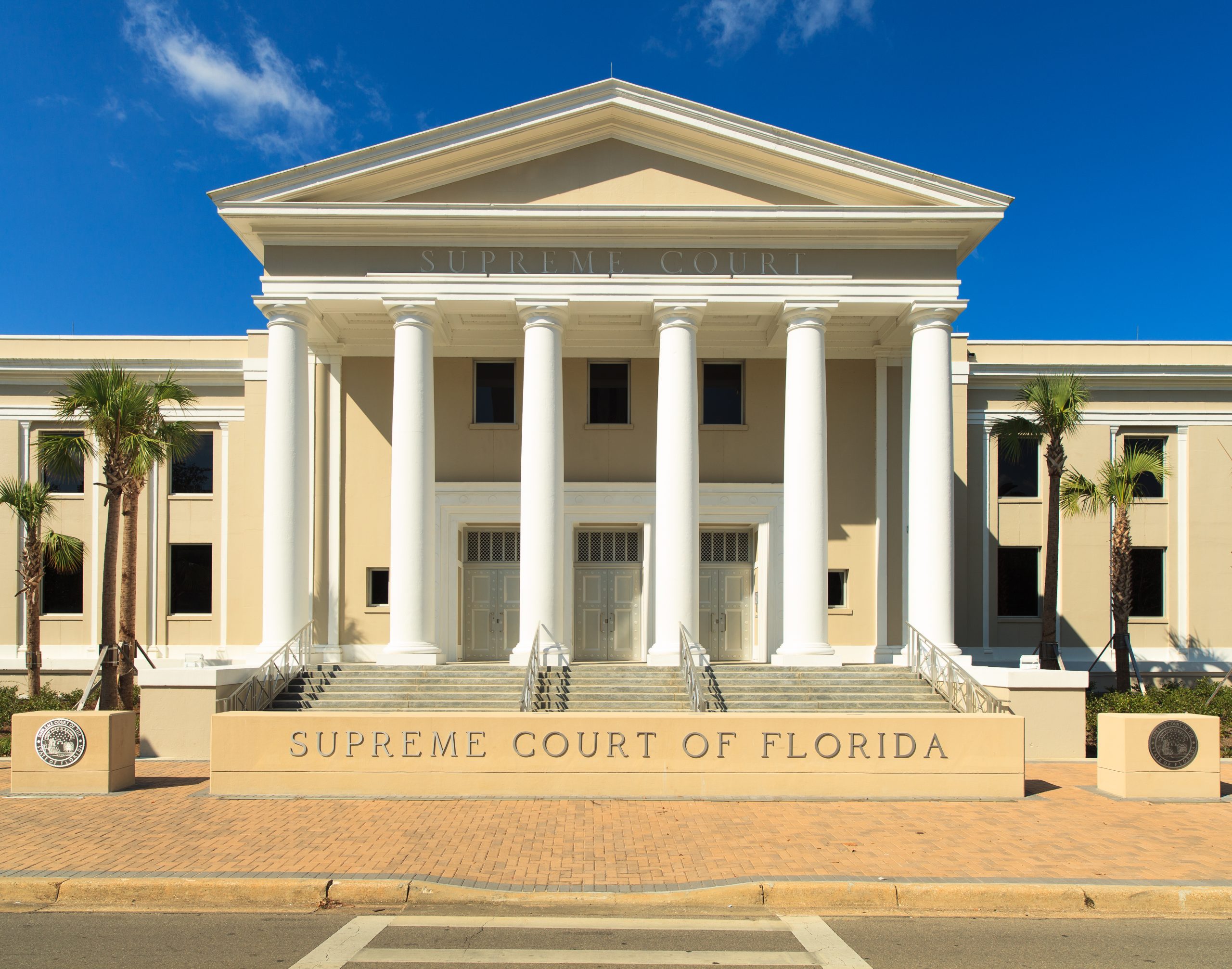Florida Makes It Easier to Appeal Non-Final Orders Denying State Immunity
Florida Makes It Easier to Appeal Non-Final Orders Denying State Immunity
Impact of Amendments to Florida Rule of Appellate Procedure 9.130 and Florida Highway Patrol v. Jackson on Governmental Entities and Employees
If you are a State Agency, City, County, Sheriff’s Office, School Board, Police Officer, Sheriff’s Deputy, Fire Firefighter, City or County Commissioner, or school board member, then the Florida Supreme Court’s most recent ruling applies to you: Governmental agencies and their employees are no longer required to endure trial before appealing a trial court’s denial of state immunity.
On January 23, 2020, the Florida Supreme Court affirmed that the state’s rules did not allow appellate courts to reconsider non-final orders denying absolute immunity, qualified immunity, immunity under 768.28(9), Fla. Stat., or sovereign immunity. But, the Supreme Court also simultaneously amended those rules to make such appeals possible in the future.
The original rules stated that a party could appeal non-final denials of a governmental entities’ immunity if there was a finding by the trial court that “as a matter of law” they were not entitled to the immunity asserted. This led to confusion and a district court of appeals split: (1) some districts were construing the rule as requiring the trial court to give an explicit and specific denial of the immunity in order to permit an appeal; (2) while other districts were of the notion that a general denial, even if it did not explicitly and specifically address the immunity asserted, was sufficient to permit an appeal of a non-final order, because it was in effect a denial of the immunity.
In the former example, absent an explicit determination that a party was not entitled to immunity, the governmental entity or employee could not immediately appeal, even if such immunity defense was asserted. In effect, this defeated the benefits of being immune not only from liability, but also from suit, and forced a party to litigate and go to trial. The Florida Supreme Court put an end to this practice.
Now, a governmental entity and its employees and agents can appeal non-final orders that deny a motion that asserts entitlement to the types of state immunity addressed even if a trial court has not “determined that, as a matter of law a party is not entitled” to the immunity asserted. Thus, a governmental defendant who is erroneously named as a party defendant is no longer required to stand trial simply because a trial court improperly failed to address immunity defenses asserted at the beginning of the litigation. Thus, the right bestowed by the Florida Appellate Rules of Procedures for governmental entities and their employees and agents to be protected from suit has rightfully been restored.
Simply stated, if a trial court denies a motion asserting entitlement to immunity, the appellate court can review it automatically, regardless of whether the order explicitly addresses the immunity asserted. A governmental entity (or its employee) is no longer forced to defend itself through the entire litigation before appealing the denial of the immunity.








